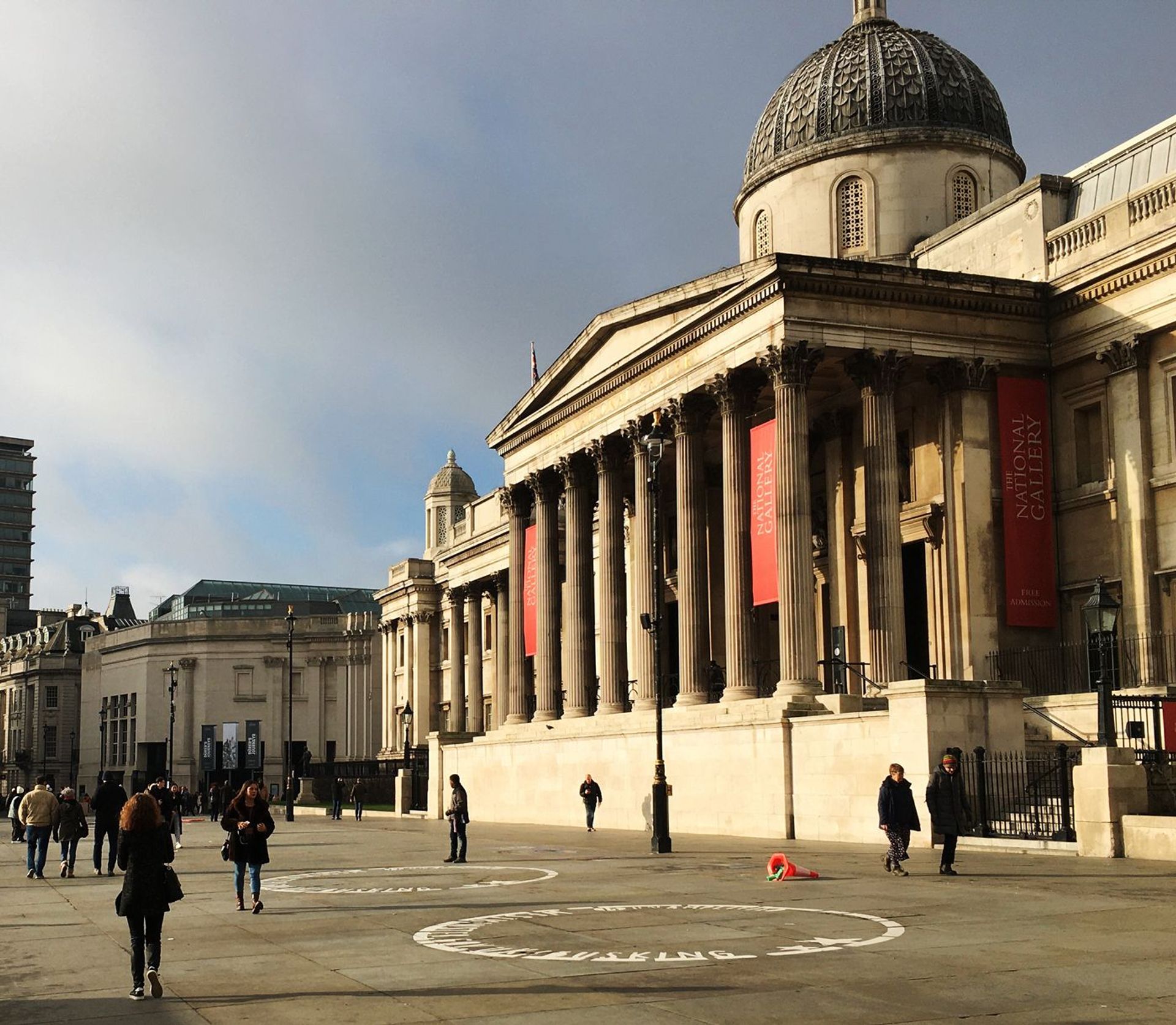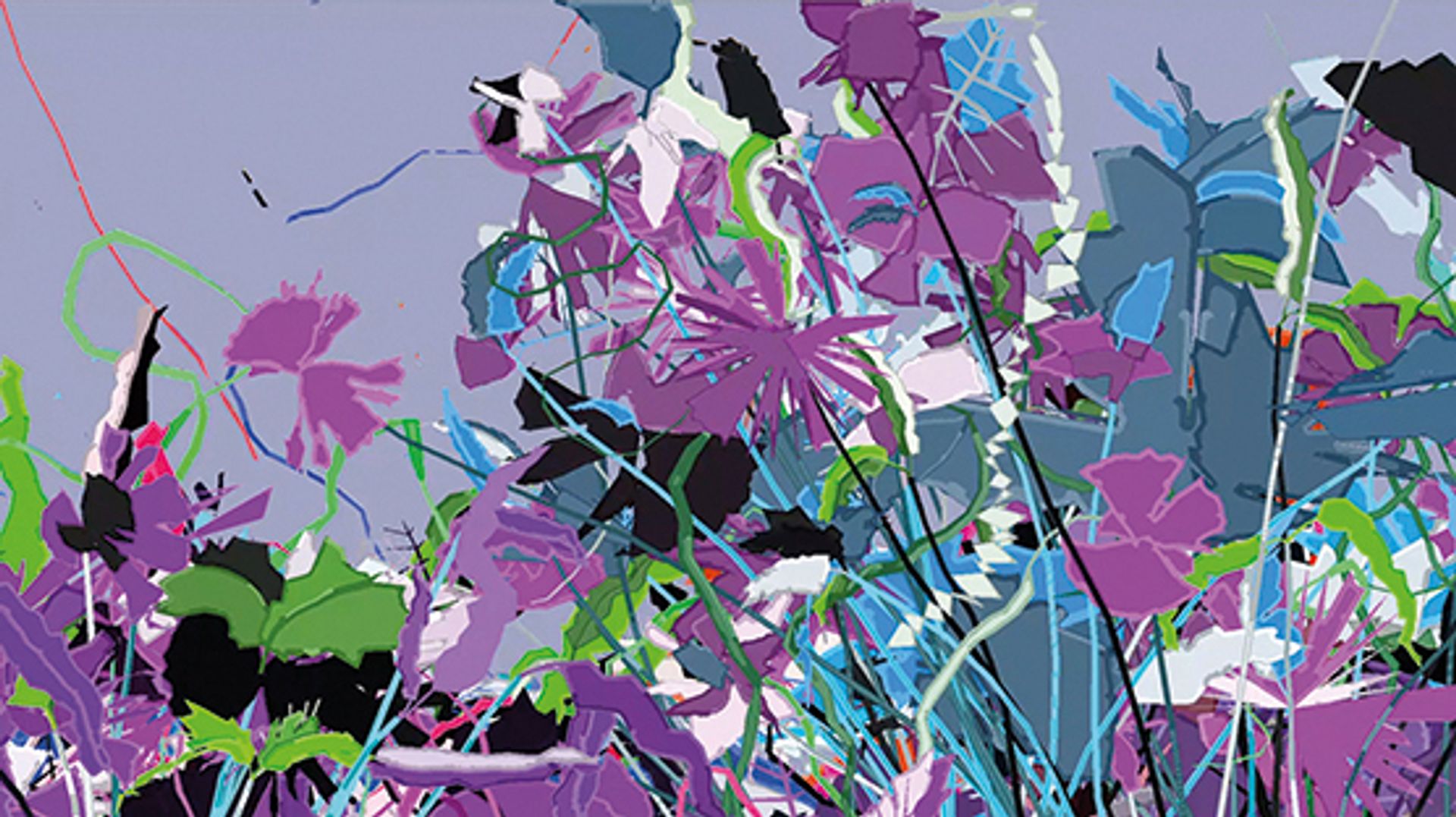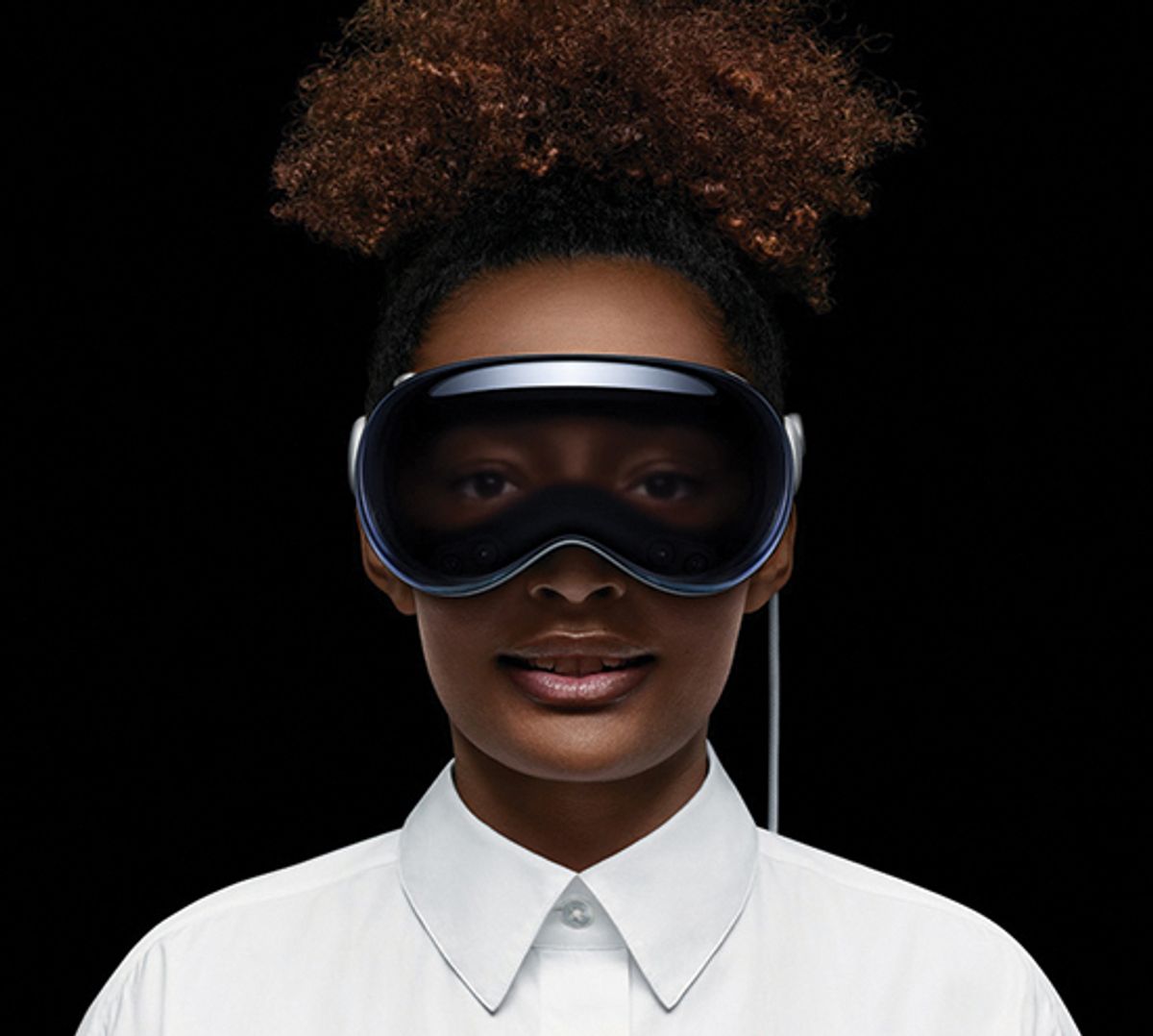1. Apple’s long-awaited mixed-reality glasses
Nearly 10 years after Facebook (now renamed Meta) acquired the virtual-reality (VR) headset-making start-up Oculus Rift for $3bn, a moment that launched the latest VR wave in March 2014, the art world’s extended-reality (XR) aficionados—who took a second look at the tech during the global pandemic of 2020-21, along with The Art Newspaper’s XR Panel—are all-a-goggle for Vision Pro. The $3,500 mixed-reality headset from Apple is expected to hit the stores as early as February. Will Apple’s traditional hardware waiting game—with talk of headsets custom-fitted to every owner—prove inspired (again)?
2. A Substack newsletter from Chris Michaels
Chris Michaels, a consultant and former head of National Gallery X—an innovation lab for the future of art and technology at the National Gallery, in London—is one of the most informed minds in art tech. He has made his weekly newsletter on Substack, Creative R&D Art | Ideas | Technology, a lively, compelling read in its first three months online, and one worth following for an insider's take, not least for a cool assessment of where AI might take the art world.
3. The Museum Data Service (MDS)
How UK museums keep track of their collections has been in the news for many of the wrong reasons, so all museum-tech eyes will be on the Museum Data Service, a new initiative for sharing data between institutions and with users. Set up by Art UK, Collections Trust and the University of Leicester, it has the National Gallery and Oxford’s Ashmolean Museum among its early adopters. The MDS’s introductory meeting is on 10 January.

The National Gallery in London, has two striking technology strands in its celebration of NG200, its 200th anniversary, this year Louis Jebb
4. The digital strands of #NG200
The National Gallery in London will have what promise to be two particularly public-friendly technology strands as part of NG200, the celebration of the gallery's bicentenary. One will be a virtual gallery, a large-scale immersive digital experience available on the gallery's website; the other will be National Gallery Stories, the story, told through digital experiences, of the people who have been involved in the gallery's 200-year history.
The anniversary proper—which will be manifested physically in due course with the reopening of the refurbished Sainsbury Wing and a rehang of the collection—falls on 10 May 2024, 200 years after the gallery's original building, a house a short walk to the west at 100 Pall Mall, opened its doors.
The new gallery was at first home to 38 paintings—the present collection runs to over 2,700 works—purchased by the government from the estate of the financier John Julius Angerstein, and included William Hogarth's Marriage-à-la-Mode(1743-45), Raphael's portrait of Pope Julius II (1510-12), and several large canvases by Claude Lorrain. Two of the Claude Lorrain acquisitions, the magisterial pairThe Embarkation of the Queen of Sheba (1648) and The Mill (1648), still hold pride of place in the Trafalgar Square collection and were eventually hung, in accordance with the wishes of Joseph Mallord William Turner, on either side of Turner's Dido Building Carthage (1815).

Harold Cohen's Harold Cohen AARON Gijon (2007), part of a survey at the Whitney Musem of American Art Whitney Museum of American Art, New York
5. Harold Cohen at the Whitney
The computing art pioneer Harold Cohen’s show at the Whitney Museum of American Art in New York—opening on 3 February and featured in our Year Ahead 2024 section—honours Cohen, one of the most name-checked inspirations for artists working with artificial intelligence today. It gains resonance from the recent death at 99 of Vera Molnár, another pioneer from the punchcard-powered era of computer art.
6. Art Dubai Digital 2024
After the success in 2023 of the digital section of Art Dubai—curated by Clara Che Wei Peh, a contributor to The Art Newspaper's Technology section—all eyes will be on what Auronda Scalera and Alfredo Cramerotti, co-directors of IAM-Infinity Art Museum, a London-based "ever-evolving museum in the Metaverse", have planned for 2024. (Cramerotti was also recently named director of Media Majlis, the museum of art, communication and technology at Northwestern University in Qatar). The fair runs from 1 to 3 March.


